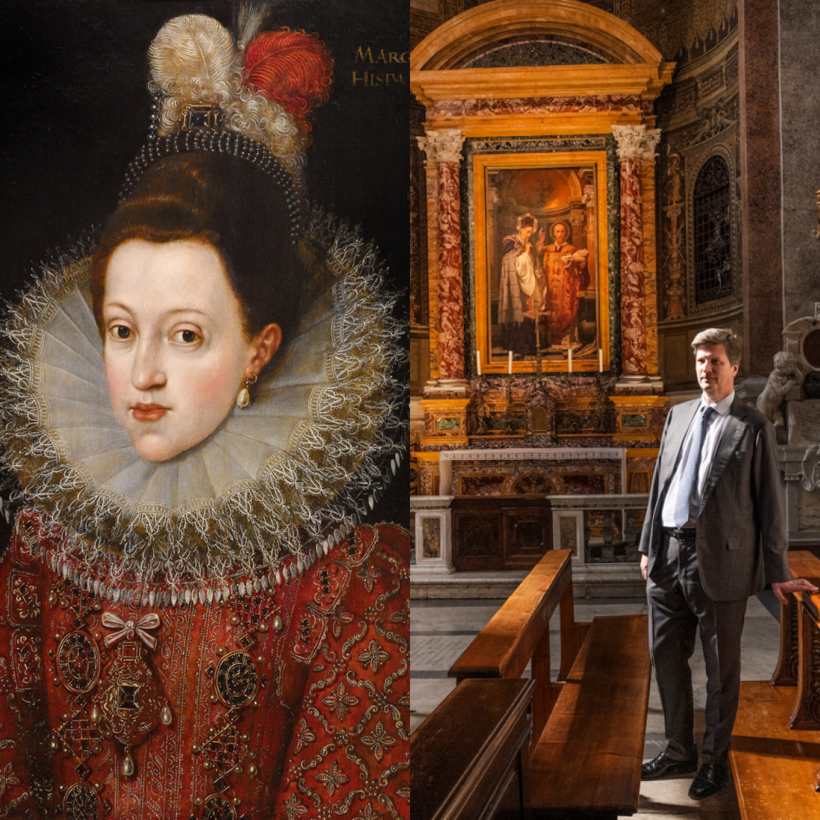Eduard Habsburg-Lothringen—Archduke of Austria, Hungary’s ambassador to the Holy See and to the Sovereign Military Order of Malta, great-great-great-grandson of Emperor Franz Joseph I, author of books on James Bond and double-headed eagles, happy culture warrior, and occasional generator of social-media storms over pronouns—has written the ultimate self-help book on how to win subjects and influence kingdoms.
The Habsburg Way, published in the U.S. by the Sophia Institute Press, presents seven rules to live by during these turbulent times, derived from the ethos of the family that ruled the Holy Roman Empire for centuries and presided over many kingdoms in Europe and beyond, including the short-lived and ill-fated Mexican empire. Can the much-discussed keepers of “the world of yesterday,” as writer Stefan Zweig called it, say something meaningful about modern life?


